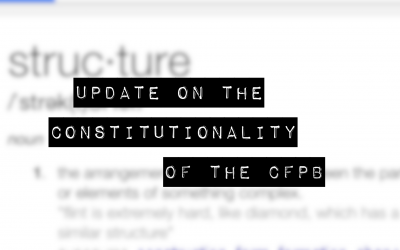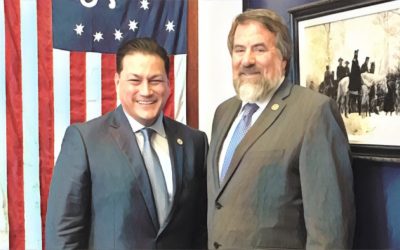The Latest Financial News
Update on the Constitutionality of the CFPB: PHH v. CFPB
The constitutionality of the structure of the Consumer Financial Protection Bureau’s (CFPB) authority continues to be debated in Congress and federal courts. Back in October 2016, the federal circuit court in Washington, D.C. found that the single director management...
NAFSA’s Week on the Hill
Last week, I spent several days on Capitol Hill to meet with lawmakers and staff on key committees. While there, I discussed the growing financial services industry and why federal law and regulation is holding it back. I met with members of the House Financial...
CFPB Looks to Clean Up Credit Reporting
The Consumer Financial Protection Bureau (CFPB) announced last week that it intends to improve all areas of the credit reporting process. Since its inception in 2010, the CFPB has received nearly 200,000 complaints related to credit reporting. The agency noted its...
Why NAFSA?
There are more than 570 federally-recognized tribes in the United States, many of whom are spread across in diverse areas. This has left a need for other tribal economic development opportunities to create sustainability and jobs on Native American reservations.
Tribal Financial Services:
![]() Create jobs & economic development on tribal lands
Create jobs & economic development on tribal lands
![]() Increase the financial independence of tribes
Increase the financial independence of tribes
![]() Deploy sovereignty & bolster tribal self-determination
Deploy sovereignty & bolster tribal self-determination

The Impact of Tribal Financial Services
Coming from a history of staggering unemployment rates, limited opportunities, and lack of access to fundamental resources, Native American tribes began online lending businesses to create real change for the future. Internet commerce has been a vehicle for supporting economic growth, tribal services, and tribal development. These are their stories.
Our Mission
To advocate for tribal sovereignty, promote responsible financial services, and provide better economic opportunity in Indian Country for the benefit of tribal communities.




